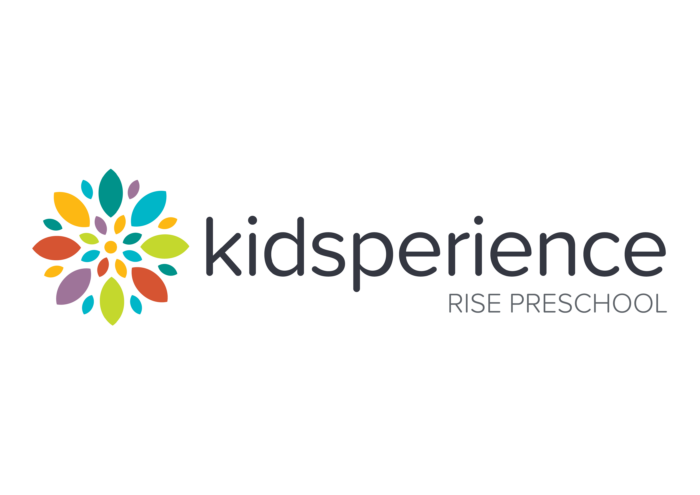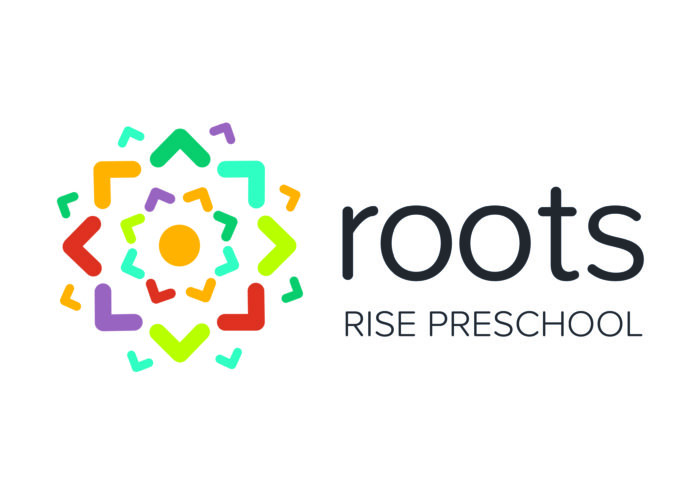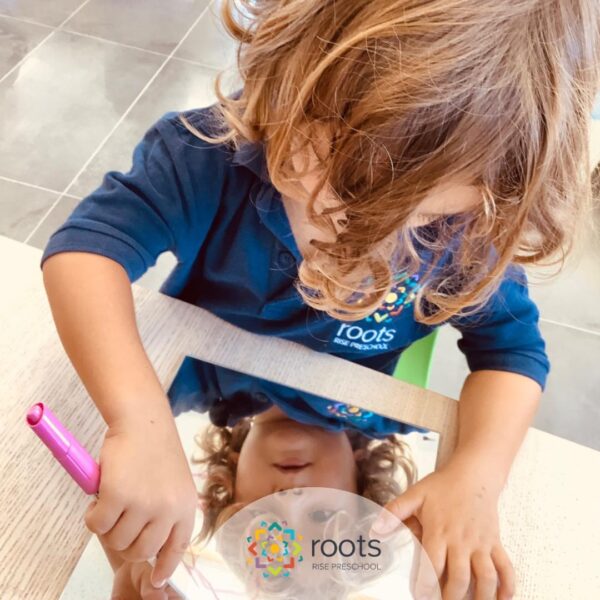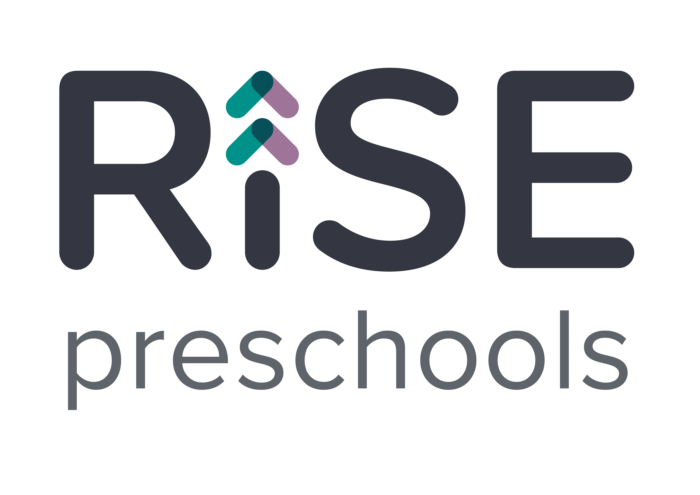The Vital Role of Communication in Early Childhood Development


Communication is a universal human experience, but when it comes to young children, its significance cannot be overstated. For parents and early years educators, effective communication with young children is a key ingredient in their growth and development. In this blog, we’ll explore the importance of communication with young children.

The Importance of Communication with Young Children:
- Language Development: Effective communication is the bedrock of language development. Children are like sponges, absorbing words and concepts from their environment. Every word and interaction contributes to their growing vocabulary and understanding of language.
- Cognitive Development: Communication stimulates cognitive growth. Conversations offer children opportunities to think, reason, and problem-solve. When reading a story together, ask questions like, “What do you think will happen next?” to engage their critical thinking skills.
- Emotional Regulation: Communication helps children express their emotions and learn to manage them. Encouraging them to describe how they feel, whether it’s through words or drawings, helps build emotional intelligence. For instance, if a child is upset, ask, “Can you tell me why you’re feeling sad?”
- Social Skills: Interacting with adults and peers through communication teaches children social skills. Sharing toys or taking turns in conversation fosters cooperation and empathy. When playing with friends, guide them to communicate their feelings and preferences, like saying, “I would like to play with the ball next.”

Tips for Effective Communication with Young Children:
- Listen Actively: Pay close attention to what your child is saying, and show that you’re interested. For example, if your child excitedly tells you about their day at school, respond with enthusiasm, “Wow, it sounds like you had an amazing day!”
- Use Simple Language: Adjust your language to their age and comprehension level. Instead of saying, “The sun is setting in the west,” you could say, “Look, the sun is going down over there!”
- Encourage Questions: Foster curiosity by welcoming questions. When your child asks, “Why is the sky blue?” take the opportunity to explain, “The sky looks blue because of the way sunlight scatters in the Earth’s atmosphere.”
- Be Patient: Children may take their time expressing themselves. Avoid interrupting and give them space to finish their thoughts, even if it takes a little longer.
- Engage in Play: Playtime is a fantastic platform for communication. While playing with building blocks, ask, “What should we build together?” This encourages creativity and conversation.
- Offer Praise: Positive feedback boosts confidence. Acknowledge your child’s efforts in communicating, such as saying, “You did a great job explaining that!”
- Respect Their Feelings: Validate their emotions, even if they seem trivial to you. When your child is frustrated because they can’t tie their shoes, reassure them by saying, “I know it can be tough, but you’re doing your best, and that’s what matters.”
- Model Good Communication: Children learn by observing. Demonstrate respectful and effective communication in your interactions with them and with others.

Communication with young children is the bridge to their development and understanding of the world. By engaging in conversations, playing together, and using age-appropriate language, parents and educators can nurture not only language skills but also cognitive abilities, emotional intelligence, and social aptitude. Remember, these early years are a precious time for building a strong foundation that will support a lifetime of learning and growth.

